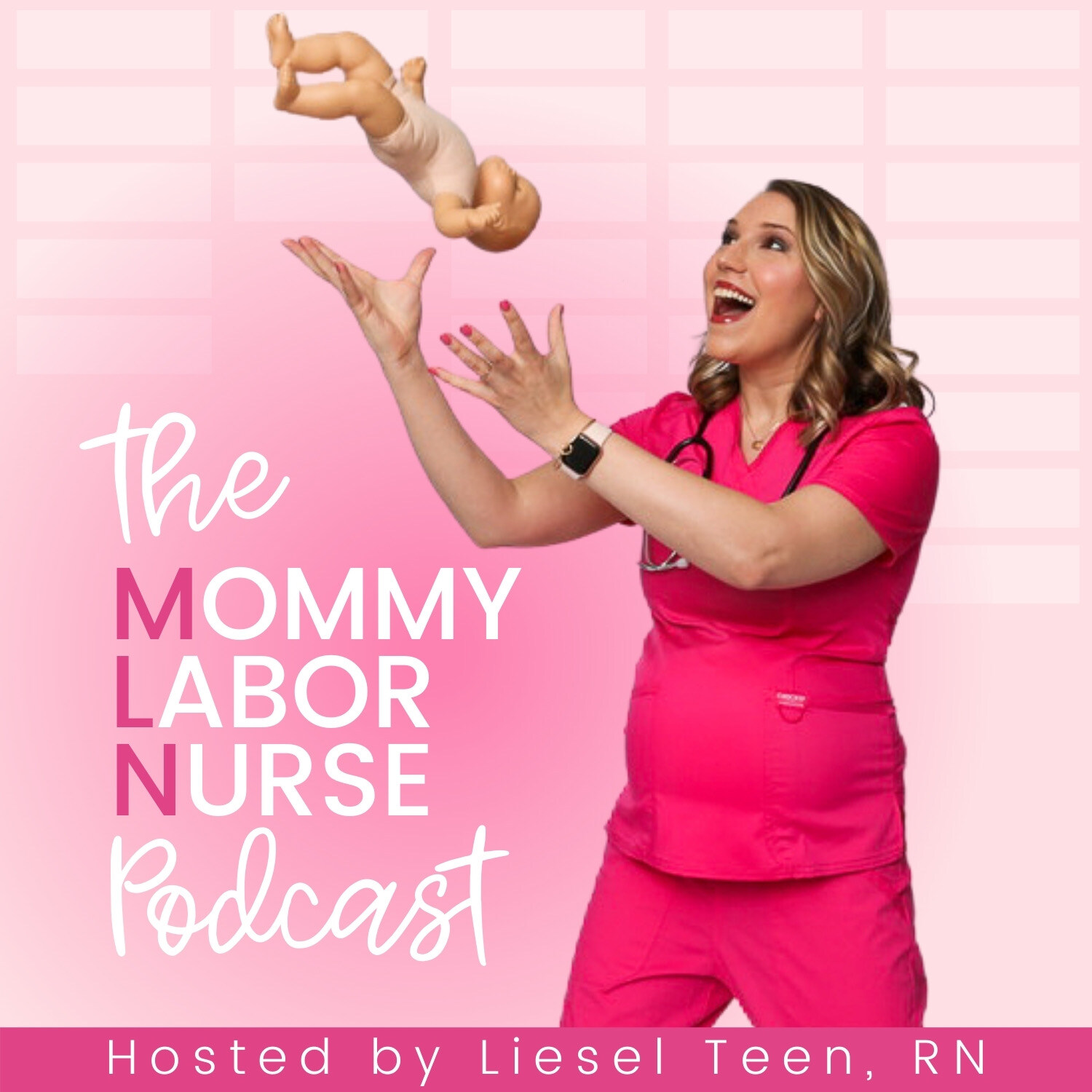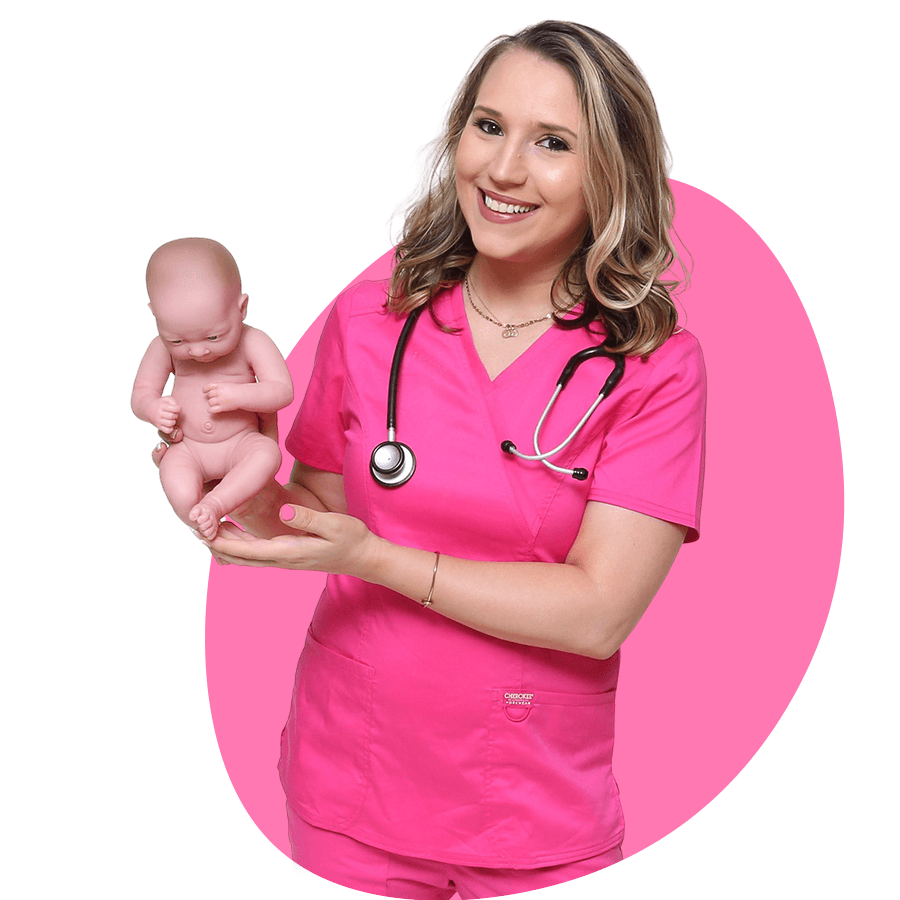
The Mommy Labor Nurse Podcast
Hosted by Liesel Teen, RN
Gain the knowledge and confidence you need to erase the unknowns of pregnancy and birth, and rock the newborn days like a boss. Tune in each week as we dive into pregnancy related topics, expert interviews, and a variety of birth stories to support you in pregnancy, birth, and beyond.

Liesel Teen, BSN-RN
Founder, Mommy Labor Nurse
Meet your host
Hi there. I'm Liesel!
As a labor and delivery nurse, I've spent countless hours with women who felt anxious — even fearful — about giving birth. I want you to know it doesn't have to be that way for you!
When you know what to expect and have the tools to navigate the experience, you'll feel confident and in control.
I believe you deserve a better birth — no matter how you deliver.